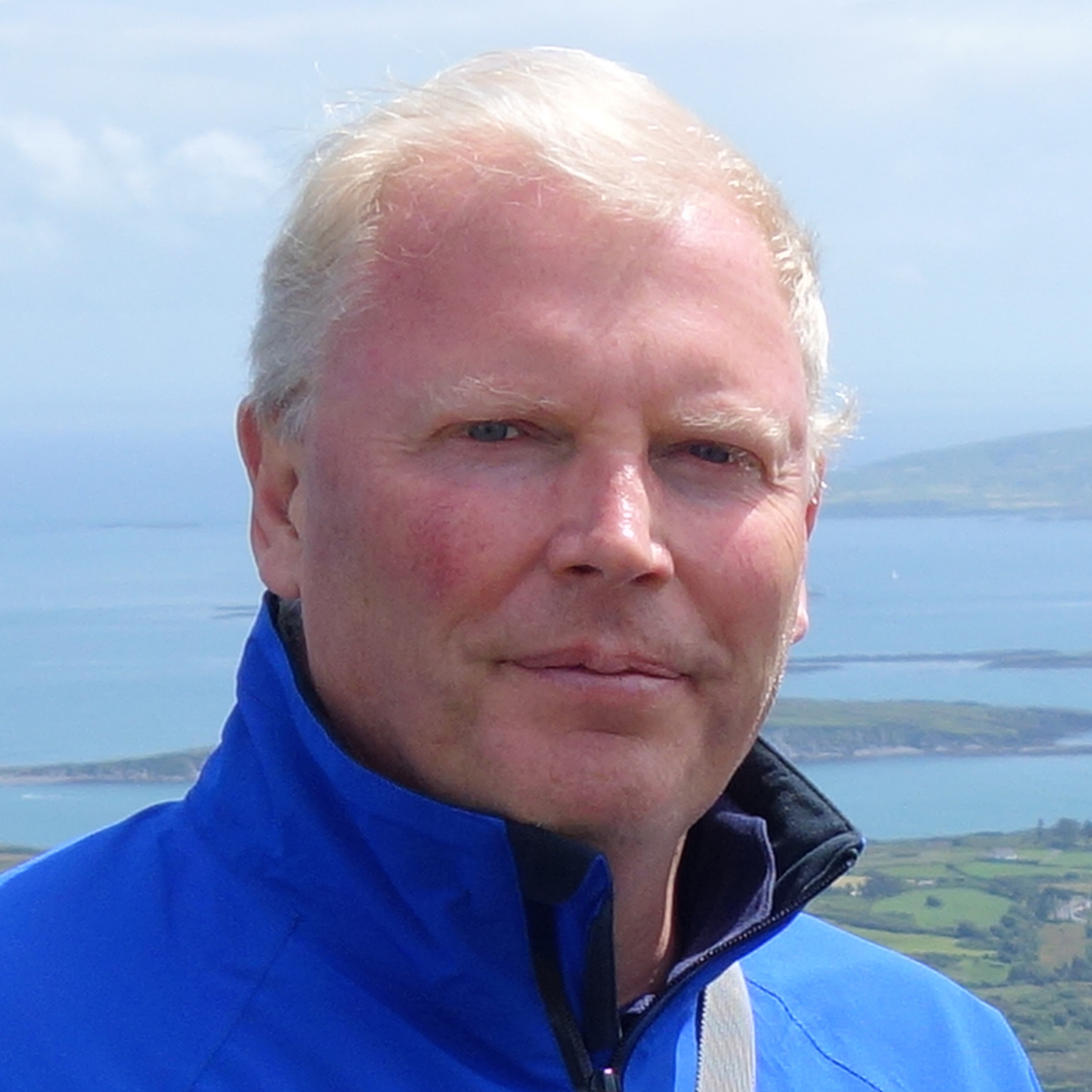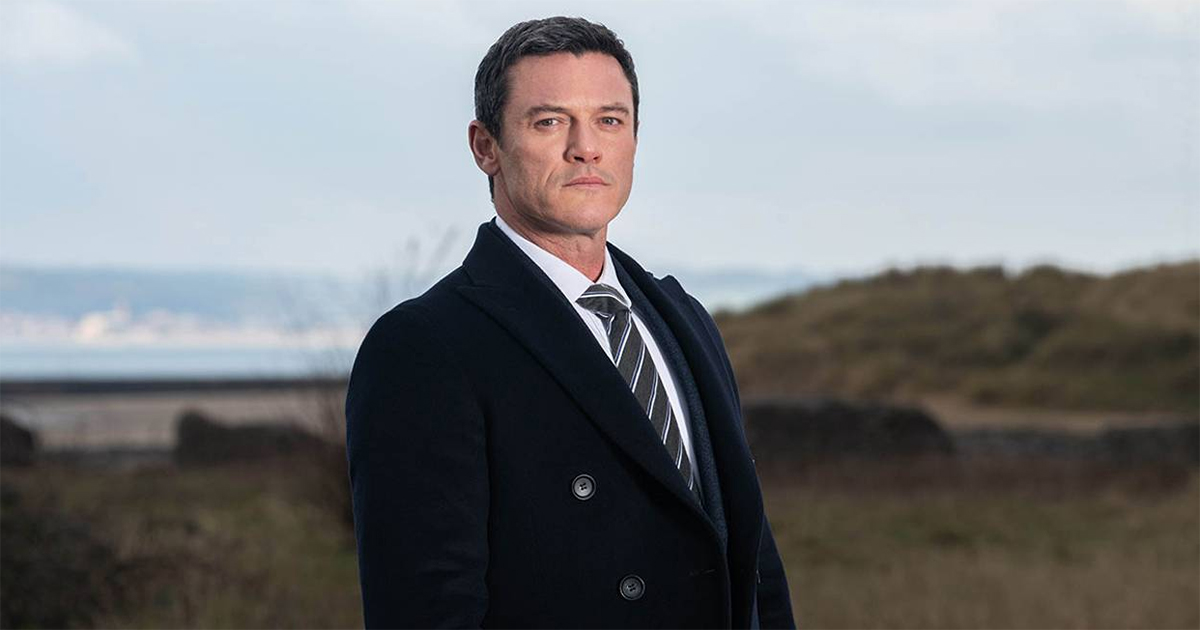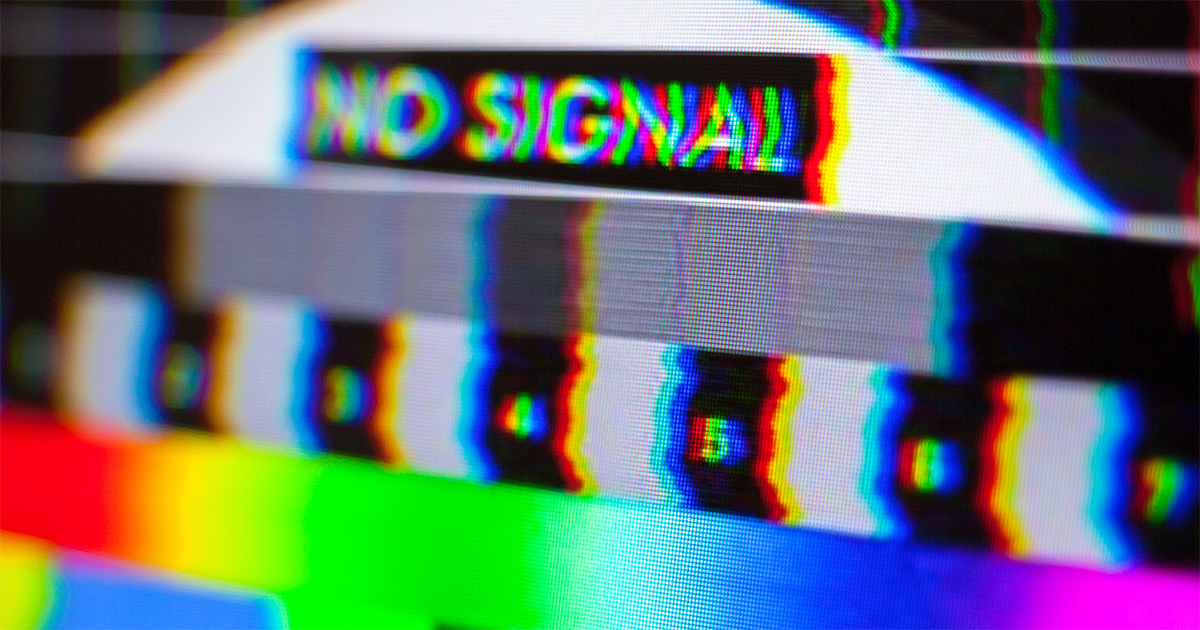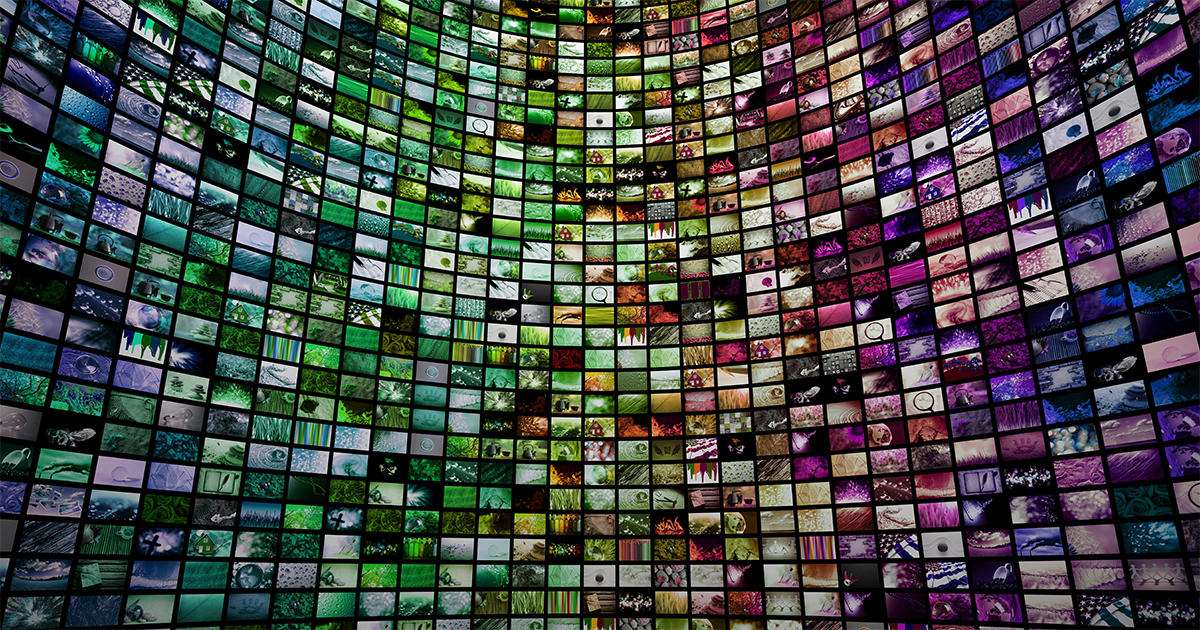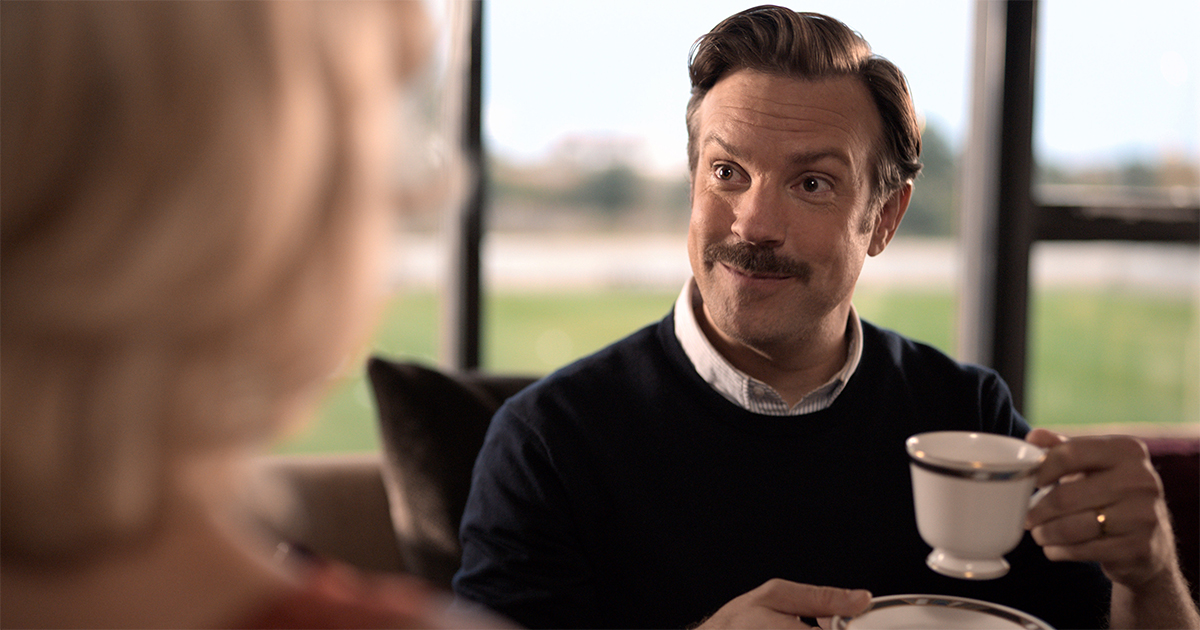ITV is a British free-to-air television network with its headquarters in London. It was launched in 1955 as Independent Television to provide competition to BBC Television, which had been established in 1932. ITV is the oldest commercial network in the UK.
Building on a heritage of more than 50 years of program-making, ITV Studios produces over 8,400 hours of original programming across 55 production labels in a range of genres, from drama and entertainment to factual and lifestyle.
ITV Studios is part of a wider international company with local production offices in the United States, Australia, Germany, France and Scandinavia as well as a global distribution company.
Part of ITV Studios, the UK’s largest commercial production company, ITV Studios Global Entertainment distributes content across all genres from both its in-house production business and leading producers from around the world.
Its portfolio includes ITV Studios’ original formats Hell’s Kitchen, Come Dine with Me, Dancing on Ice and I’m A Celebrity…Get Me Out Of Here! ITV Studios produce the world’s longest running drama serial Coronation Street and hit international drama franchises including Agatha Christie’s Marple, Poirot and Vera.
Dame Carolyn McCall DBE was born in Bangalore, India and educated in India and Singapore until her mid-teens, She was then educated at a Roman Catholic girls’ school in Derbyshire, England.
McCall became the first Chief Executive of ITV in January 2018. She is a creator of BritBox, the SVOD venture in partnership with the BBC that launched in late 2019 in the UK. At the time she said, “It’s quite bold, going into a market which Netflix has already been in for eight years.”
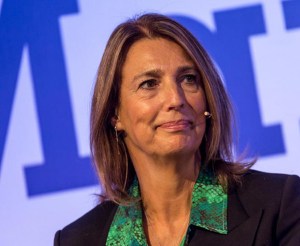
Before joining ITV she was CEO of European budget airline easyJet from 2010 to 2017. On joining easyJet McCall became one of five female CEOs of a FTSE 100 Index company. During her tenure, the airline’s shares almost quadrupled.
Prior to easyJet McCall was Chief Executive of Guardian Media Group (GMG) from 2006 to 2010 — having originally joined The Guardian as a researcher. During her time at GMG the Manchester Evening News and regionally based businesses were sold to Trinity Mirror.
Terrifying Competition From the Richest Companies in Human History
McCall recently sat down with BBC Media Editor Amol Rajan for the BBC Radio 4 Media Show podcast, to discuss ITV as a business and also where it is headed in the future as a broadcaster with a public service remit. (Listen to the episode here.)
Introducing McCall, Rajan said, “ITV is one of the most important and interesting institutions, not just in British media but in Britain itself, with formats, soaps and dramas watched by millions. It’s a glue that binds our culture, and an energy that binds our creative industries.
“What a time to be an advertiser-funded business with a public service remit. Terrifying competition from the richest companies in human history; a regulatory framework that most people agree is out of date; and delivering true public service in an era of culture wars. And that’s before you chuck a pandemic into the mix!
“It’s quite an in-tray, and it belongs to the Chief Executive Officer of ITV,” said Rajan. “She has six TV channels, a global studios business, a streaming service in ITV Hub and Britbox to manage — never mind the latest plot twist on Coronation Street.”
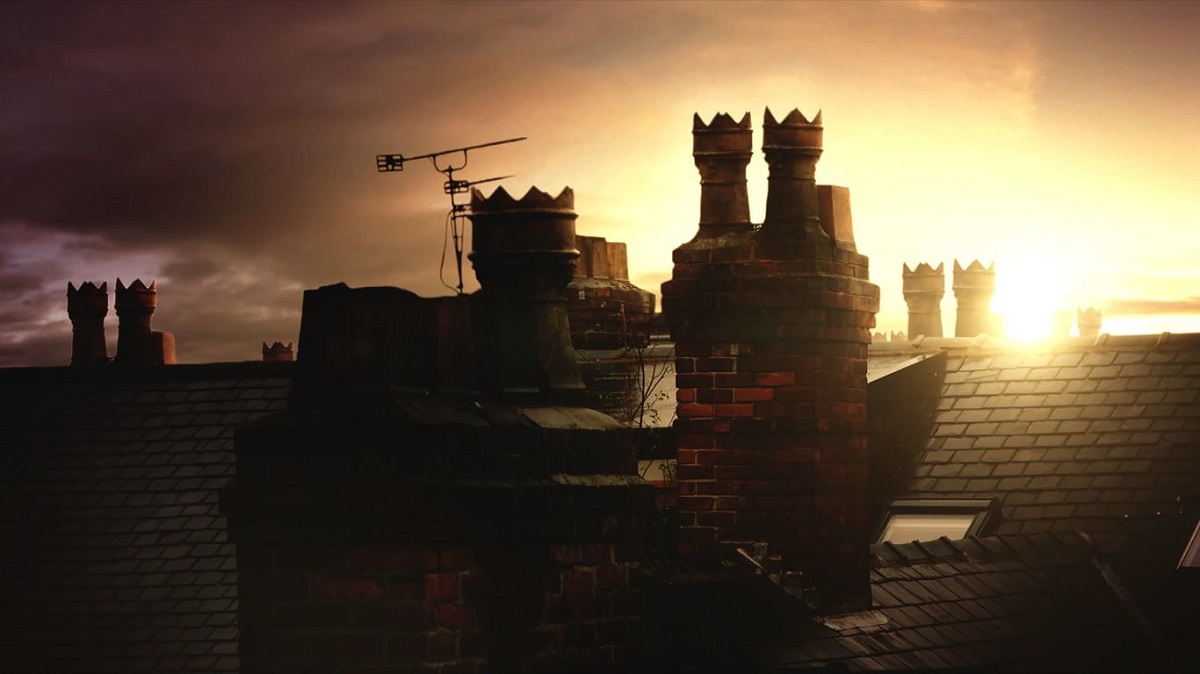
Rajan began by asking McCall about her time at easyJet, and how it helped prepare her in taking the helm at ITV. “easyJet is a digital business. What I did was accelerate that digital transformation,” she said.
“While there was no paper, there was still so much that relied on manual processes — not making it easy for people who work there and so on. It is interesting that the easyJet app was only created in 2011-2012, i.e. really late. I brought that in with Peter Duffy and we made it a world-leading app — and the airline industry will say that. The easyJet app is amazing. But we learned from everyone else’s mistakes.
“I’ve always been customer-centric and consumer-centric — but I learned a lot about customers at easyJet. That was the transformation: it was about being a customer-focused organization, with everyone believing in the merits of that.
“I believe in digital wholeheartedly,” she said. “Digital makes everything easier, whether it’s the back-office or how you deal with customers. You need to humanize the front-end of digital when you’re speaking to customers — they don’t like speaking to robots. There was a lot of learning [at easyJet].
“I believe in digital wholeheartedly. Digital makes everything easier, whether it’s the back-office or how you deal with customers.”
— Dame Carolyn McCall
“The thing that appealed to me about ITV was total transformation. It’s a digital transformation story,” she continued. “We know that over the next decade more and more viewers are going to watch digitally, and IPTV is on-stream, and the internet is going to be a delivery mechanism — which has massive implications for public service broadcasters.
“ITV is so strong in the linear world. How do we make that transformation so that it thrives in the nonlinear, digital world? That’s not just transforming your means of distribution. It’s about your content and how you monetize that content, and it’s about your mind-set and the culture of the organization tilting to the future. That’s what appealed to me.”
Rajan then asked McCall to discuss what she sees are the “crown jewels” for ITV, and how a broadcaster — any broadcaster — tackles the massive issue of attracting and retaining Generation Z eyeballs in this digital-first era.
“I think the crown jewel for ITV is news, national and regional. I think regional news is where ITV excels. It is part of the community. The feedback we get is amazing.
“The other crown jewel is entertainment. I think, obviously, that ITV does entertainment better than anyone else. We get massive audiences. We know how to bring shows to screen, entertain people and then actually build the success of those shows.
“Drama is strong for us. The BBC and ITV collaborate a lot now in drama, but we’re also competitive. We’ve got four of the top five dramas now, which is amazing. We’re very proud of that.
“When we do sport — and we often do it with the BBC actually, which is a benefit of being a PSB and getting listed events — we do it amazingly well. The World Cup for instance, and the Euros. Big audiences: 26 or 27 million people watching a live England game. That’s still happening on live TV.
“Our soaps are also very important. Not just because they entertain, but also I think because they really fulfill this thing called the public good. Through our soaps, we can often do what public service broadcasters (PSBs) are supposed to do, which is to inform and educate — but in a very subtle way. We are able to connect, and help people. So we’re not just reflecting society, we’re helping to shape society.
“There is no regulation in the digital world. They don’t have to carry PSBs as channels if they don’t want to.”
— Dame Carolyn McCall, ITV
“All content now is coming through TV. Then what you have to do is really think your way through how you attract those under 25s — the 16 to 25s, I would say. How do you attract them to content you know they will love, in a different way to the way you’ve marketed before? I think the content and the marketing has go to be very targeted to what is really in their interest and on their radar.
“As a PSB I think you also have a duty to ensure they are watching your news. Now they are not going to watch the News at Ten. About a year ago we launched something called The Rundown, which is a very snappy headline [summation] of the news with very young and cool presenters — and we’ve put that out on every social media channel and promote it through ITV News.
“And it’s actually doing really well, capturing those under 25s. So it’s a way we can re-package what we do — well resourced, trusted, reliable news by great journalists — in a different format to pull people in. But it is much, much harder to get that young audience.”
How Do Linear Broadcasters Survive in a Nonlinear World?
Rajan picked up on McCall’s point about the growing power of the internet as a delivery mechanism and the implications that has for public service broadcasters. The UK’s 2003 Communications Act required the Electronic Programme Guide (EPG), by law, to give due prominence to Britain’s public service broadcasters — the BBC, ITV, Channel 4 and Channel 5.
“You want the 2003 Communications Act to be updated,” asked Rajan, “and have campaigned — loudly — for new legislation to replace it. Why?”
“Within the next decade TV will be distributed on the internet and not through DTT, which is terrestrial. The internet means global platforms: it doesn’t mean we can distribute in any other way,” she said.
“It means our distribution will be via Amazon, Apple, Sky, Virgin — all of those massive global platforms. And via the TV set. That’s where the distribution will be, growing exponentially in the future.
“We’re not asking for favors to protect the past. We’re asking to modernize an Act that was created before Amazon and Facebook even existed.”
— Dame Carolyn McCall
“That means we, as public service broadcasters, are totally reliant for our distribution on massive global companies — whose interest is to make money for their shareholders. Not for the public good, not for Britain. It’s for them.
“In the old world, the linear world, we all have prominence. That is guaranteed in law. If you are BBC or ITV or Channel 4 or Channel 5 you are seen in the top listings, so that when you come to your TV set you know, and can see, what’s on these channels.
“You just see it, because you’ve got prominence. And you have to be included, and you have to give fair value for your content because you give it for free.
“In the digital world, none of that exists. There is no regulation in the digital world. They don’t have to carry PSBs as channels if they don’t want to. They don’t have to give you prominence, at all. So you can imagine a world where any global digital platform will charge for the tiles that you see on your TV now instead of your EPG, and maybe they will give it to the highest bidder.
“PSBs won’t be able to afford that. And then you have to have some fair value. The terms of reference, the terms of trade, are that you can’t be dominated, you can’t be taken advantage of, just because you’re a PSB. And you can’t afford to demand what you want.”
The implication is that Britain has a media ecosystem “with the wrong people in charge,” Rajan noted, adding, “We have giant tech companies in California in charge of what we view in Britain.”
“But it can be fixed,” McCall said. “OFCOM have come out very clearly in their report — they are the regulator and are completely objective — and they have said, ‘PSBs provide a huge amount of public value.’
“The public, i.e. ordinary people, really value the PSBs. They want streamers as well, but they don’t want to lose public service broadcasting. All the things we do — entertainment, news, drama, sport — are by us, for us and about us. About Britain, with all its diversity. They don’t want to lose that.
“The public have spoken, OFCOM’s report has come out, and we need the government to act with urgency. You mentioned local newspapers earlier: honestly, that ship has sailed. Guardian Media Group had local newspapers, and I remember the pain of that transition. It was a nightmare.
“We have the opportunity to change the 2003 Communications Act, but it does require legislation. It is in the government’s control. We’ve spoken, OFCOM have spoken, the people have spoken and said they value this — and I know the government value this.
“Through the pandemic, the public have so valued what the BBC, ITV, Channel 4 and Channel 5 have done. No misinformation: trusted, reliable information about the pandemic. Government have themselves used it as a platform to communicate, because they know it is going to get directly to viewers and viewers are going to believe it — unlike what you see on social media. Just look at what has happened, in terms of misinformation you get about the vaccine, right?
“You mentioned local newspapers earlier: honestly, that ship has sailed. Guardian Media Group had local newspapers, and I remember the pain of that transition. It was a nightmare.”
— Dame Carolyn McCall
“I speak to DCMS [Department of Culture, Media and Sport] a lot — but my message to government is bigger than DCMS, really I think to No.10. Which is, if you don’t act with urgency and pace, this ship will also sail.
“We are not protected in any way. We shouldn’t be: we’re not asking for favors to protect the past. We’re asking to modernize an Act that was created before Amazon and Facebook even existed. I think Facebook was called FaceMash at that time…
“[The 2003 Act] is so arcane and out of date, it needs to be modernized. It has to be updated, and it requires government to see how serious the situation is — how urgent the situation is. And it is in their hands: there is something that can be done about it, but government has to act,” said McCall.

